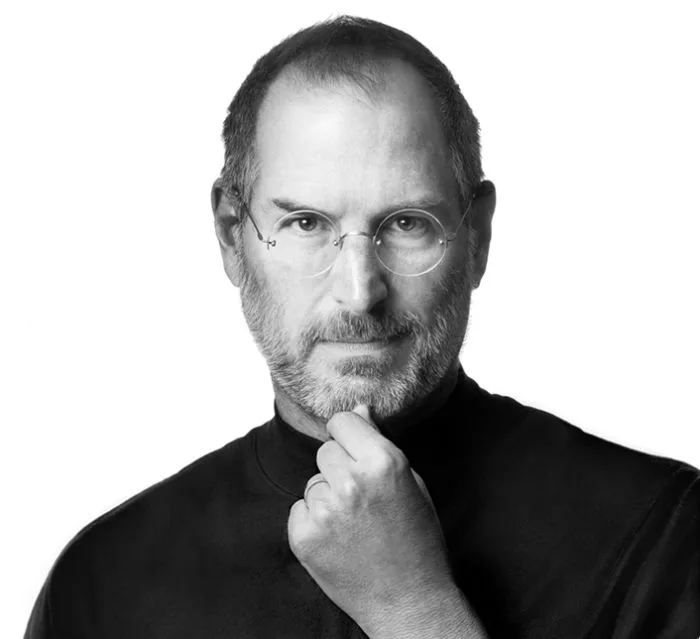Here’s to the crazy ones. The misfits. The rebels. The troublemakers. The round pegs in the square holes. The ones who see things differently. They’re not fond of rules. And they have no respect for the status quo. You can quote them, disagree with them, glorify or vilify them. About the only thing you can’t do is ignore them. Because they change things. They push the human race forward. And while some may see them as the crazy ones, we see genius. Because the people who are crazy enough to think they can change the world, are the ones who do.
I’m not sure if Apple’s 1997 Think Different ad campaign lives rent-free in your head, but it does in mine. The great people of now and then have always fascinated me. What differentiates the Steve Jobses, the Walt Disneys, the Leonardo da Vincis, the Michelangelos, the Kanye Wests, the Michael Jacksons, the Muhammad Alis, the Kwame Nkrumahs, the Elon Musks, the Phil Knights, the Richard Bransons, the Henry Fords, all the legends of today and yesterday, from the other billions of people in the world?
What drove them? What inspired them? How did they achieve success in doing what had never been done before? Where things had been done before, how did they make them better? How did they create opportunities where there were none? How did they challenge the status quo and succeed in inventing a new one? Why did they think so differently from the average person? How did they dream, work, think, focus, network, fuse talent with knowledge, stare into the eyes of adversity, and yet emerge victorious? How did they change the world?
Think different.
Those two words hold so much meaning. They govern almost everything I do. Because, honestly, why think the same? Nothing ever moves forward when you think the same, because “the same” is what has worked in the past. And forward thinking is always met with pushback, so the round pegs in square holes who are likely to change the world are often jeered at, mocked, discouraged.
Let me break down why. Here’s an excerpt from How Tesla Will Change The World by Tim Urban (it’s beautiful writing, check it):
The past likes to loiter casually in our present world and hates it when a piece of the future bursts into the scene because it exposes the past for what it really is… the past.
We so associate the passage of time with progress that we use the term “the future” to refer to a better, more advanced version of our present world. In reality, if a more advanced future does happen, it’s because that future was willed into our lives by a few brave people. The present isn’t welcoming of an advanced future because the present is run by a thick canopy made up of the ideas, norms, and technologies of the past. There will be incremental tweaks and slight iterations on proven-to-work concepts which may seem to us like moving into the future, but it’s really just a polishing up of the past. When the real change arrives, you’ll know you’re seeing it. It’s a distinct and exhilarating feeling when you witness a disrupting innovator ram its way through the canopy.
It goes on to say something that’s been repeated by many of “the few brave people” the excerpt talks about: You don’t realise your Blackberry sucks until the iPhone exists.
Damn.
The father of the Think Different campaign was, of course, Steve Jobs. He’s been on record quoting Henry Ford on doing what has never been done before:
Some people say, “Give the customers what they want.” But that’s not my approach. Our job is to figure out what they’re going to want before they do. I think Henry Ford once said, “If I’d asked customers what they wanted, they would have told me, ‘A faster horse!’” People don’t know what they want until you show it to them. That’s why I never rely on market research. Our task is to read things that are not yet on the page.
I intend to live by these words in how I approach my art. Nobody says “don’t look at the past,” because we have to learn from it. But maybe we shouldn’t let the comfort of the past hold us back from aspiring toward the wonders of the future.
It’s not easy, of course not. If it were, everyone would be an innovator. But greatness can’t be achieved with half the effort.
Maybe we should all think different. Or maybe that would make everyone think the same. Or maybe not, since every individual thinking different would lead to a billion different thoughts, each unlike the other.
And maybe… just maybe… we can all become the crazy ones.


Leave a Reply